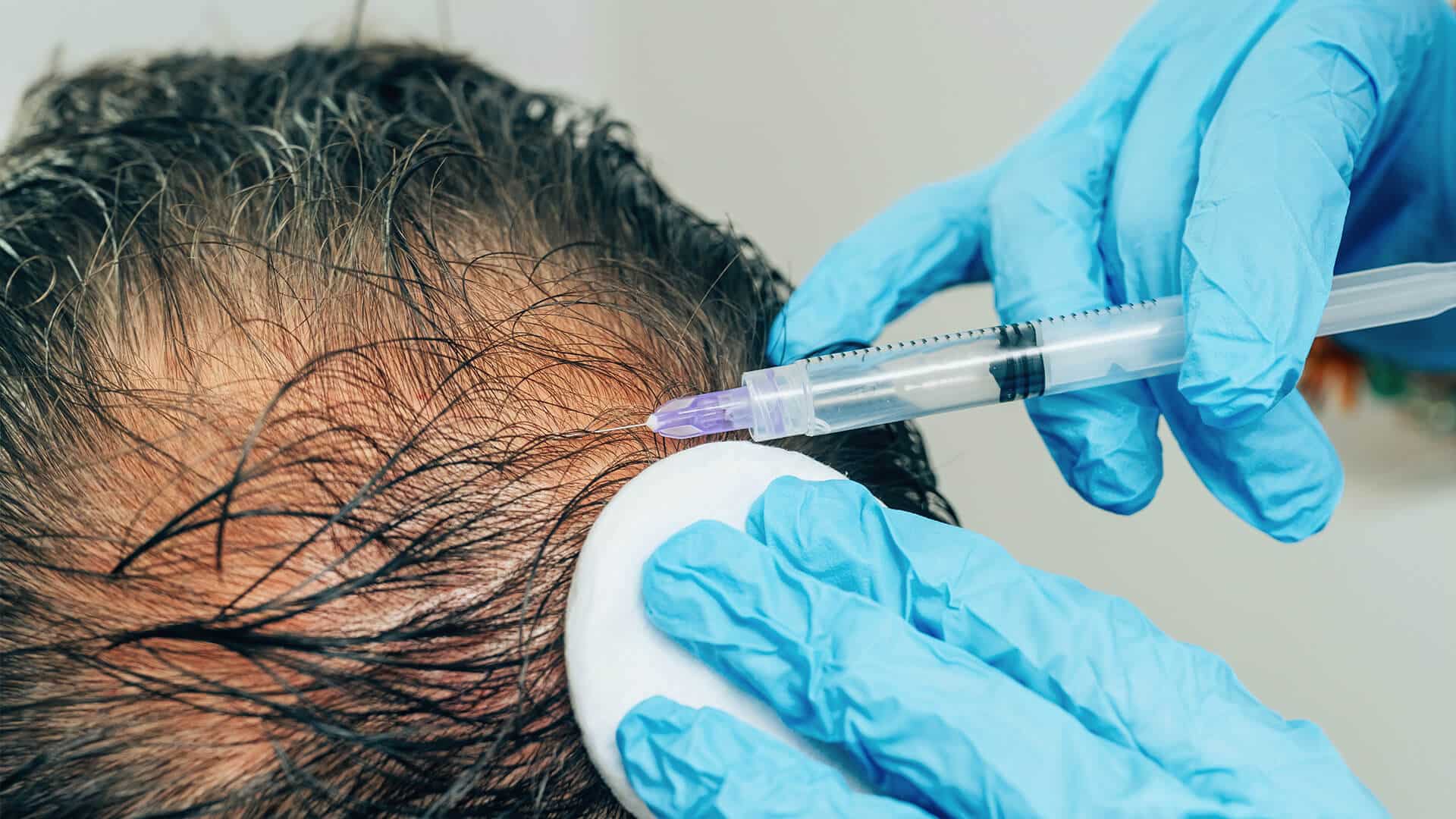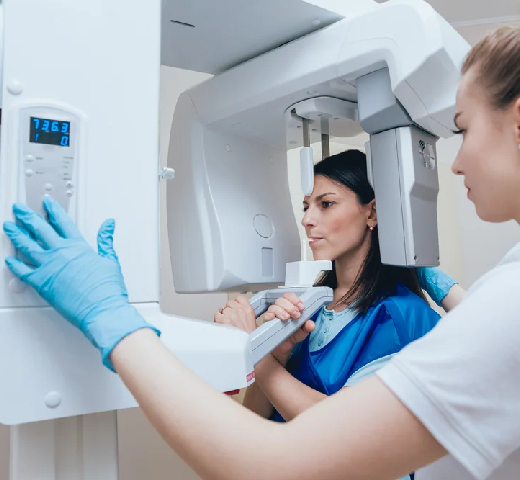
Growth enhancement refers to strategies, treatments, or interventions aimed at promoting growth in various contexts, including physical, biological, agricultural, and economic sectors. In a medical or physiological context, growth enhancement might involve hormone therapy, nutritional supplements, or specific exercise regimens designed to stimulate growth in individuals who may be experiencing stunted growth due to hormonal imbalances, nutritional deficiencies, or genetic conditions. In agriculture, it can include the use of fertilizers, genetically modified organisms (GMOs), or advanced farming techniques to increase crop yield and plant robustness. Economically, growth enhancement focuses on policies or initiatives that stimulate economic expansion, increase productivity, and encourage innovation. Across these diverse areas, the underlying goal remains consistent: to optimize and increase growth potential through targeted interventions.
Growth Enhancement F&Q
In a medical context, growth enhancement refers to treatments or interventions aimed at promoting physical growth and development in individuals who may have growth deficiencies due to hormonal imbalances, genetic disorders, or nutritional deficiencies. This can involve hormone therapies, such as growth hormone injections, nutritional supplementation, or other medical interventions designed to stimulate growth in height and overall physical development.
In agriculture, growth enhancement methods include the use of fertilizers, pesticides, genetically modified organisms (GMOs), and advanced cultivation techniques to increase crop yield, improve plant health, and ensure robust growth. These methods aim to optimize plant growth conditions, combat pests and diseases, and genetically enhance plants for greater productivity and resilience to environmental stresses.
For athletes, growth enhancement often focuses on muscle growth and physical performance improvements. Supplements such as protein powders, creatine, and branched-chain amino acids (BCAAs) are commonly used to support muscle repair, increase muscle mass, and enhance energy levels during training. These supplements, combined with specific strength and conditioning programs, help athletes achieve greater gains in muscle size and strength.
Yes, growth enhancement techniques can have negative side effects, especially if not properly managed or supervised. In a medical context, hormone therapies can lead to joint pain, insulin resistance, and increased risk of certain health issues. In agriculture, excessive use of chemicals can harm the environment, reduce biodiversity, and potentially lead to health risks for consumers. Athletes using certain supplements or performance-enhancing drugs may experience health complications such as liver damage, hormonal imbalances, and increased risk of heart disease.
Ethical considerations in growth enhancement involve concerns about fairness, health risks, and environmental impact. In sports, the use of performance-enhancing drugs raises questions about fairness and the integrity of competition. In agriculture, the use of GMOs and chemicals is debated in terms of environmental sustainability and consumer health. Medically, the accessibility and long-term impacts of growth hormone treatments on children and adolescents necessitate careful ethical consideration and informed consent.
Growth enhancement is monitored and regulated by various national and international bodies depending on the context. In sports, organizations like the World Anti-Doping Agency (WADA) set standards and conduct testing to prevent the use of banned substances. In agriculture, regulatory agencies oversee the use of chemicals, GMOs, and cultivation practices to ensure safety and environmental protection. In the medical field, treatments such as hormone therapy are regulated by health authorities and require prescription and oversight by medical professionals to ensure they are used safely and effectively.












